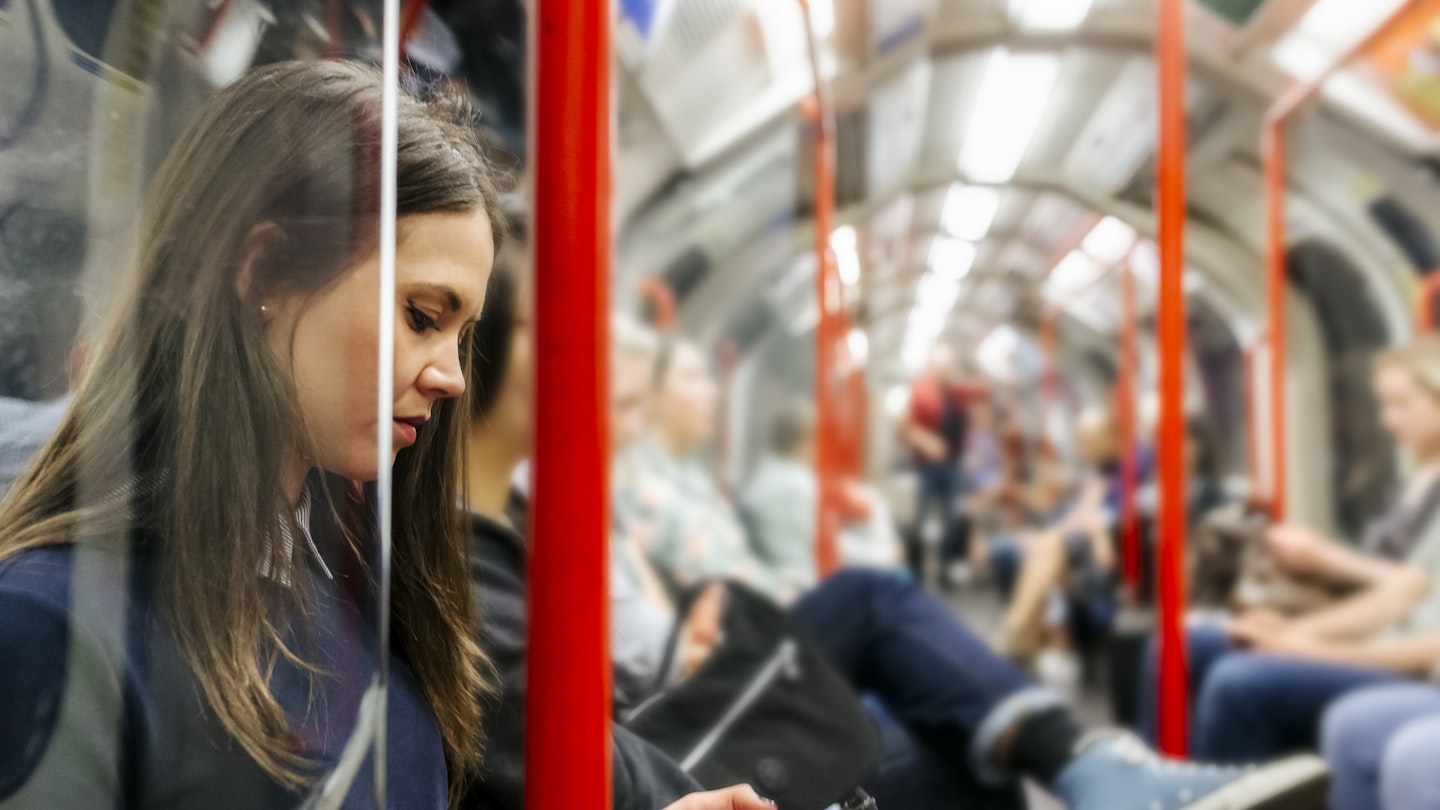I have a memory of my grandad that has become a sort-of go-to joyous place in my mind since he passed away a few years ago. Let me tell you about it. We are walking, just a little too fast, through his hometown of Louth in north Lincolnshire, up through the winding, cobbled streets and down to the barber’s. As we charge forward, people cross paths with us frequently. “Hello, Sir!” Grandad shouts across the road. “Good morning!” he says, touching his flat cap with a finger and thumb and bowing very slightly to a family driving by us, “How are you, lad?” he smiles to a market stall holder, and so on. People do the same back; they are pleased to see him, they say, some want to stop and chat. In the memory I am craning my neck upwards as this wonderful man chatters away in his unfaltering upbeat tone, and feeling my chest puff up with pride.
It wasn’t just every now and again that this occurred. In fact, Grandad’s tendency to continually greet people became a bit of a joke in the family. It meant that everyone in our tiny little town knew him and cared for him and that, wherever we went in the country, he either spotted friends or made new ones. It was soft and warm and funny and sort of incredible, I thought, to be so universally loved.
Of course, in the north of England, this trait isn’t exactly rare. And conversations – and stereotypes – about the kindliness of northern folk aren’t either. Yet, over and over again, the divide generates renewed discussion, of the shock of southern people upon finding themselves affronted by conversation with northern strangers and, on the other side, of the disbelief of how “cold” the south really is.
“I’ve been to Parklife [festival] 4 years in a row and I’m still shocked about how chatty and personal northerners are,” Twitter user @FLOTUK remarked yesterday. “Like they’ll just full on start a convo [sic] and engage with you like you’ve known each other for years. It can be quite startling…”
Others, naturally, chimed in: “I find it really weird how many Southerners feel they have to keep all of their life super private… up north we just talk to everyone,” Kate McKenna said. One person said their friends found northerners “hilarious” for being so chatty, some said that Londoners “terrify” her. “I once complimented and asked a girl where her heeled boots were from in a tube station and she looked at me like I asked her passport number,” Joanna Jarjue, said. “Up north she’d probably explain all the colours they come in, lol.” “I know so many southern who I’m really close with and are great,” Natasha Jonas replied, “but it’s hard starting a conversation. If I stand in a train station in Liverpool, I’m invited to their kid’s communion the next week.”
An exaggeration, perhaps, but I’ve had similar experiences. I was invited on a hen-do for a girl I met 48 hours previously while reporting in Liverpool, once. I met some of my best friends in Newcastle at the gym. On a train in Yorkshire I bonded with a woman over our shared love of Bob Dylan and ended up going for a bottle of wine with her once we pulled into the station. Nothing about these things felt abnormal or rare.
In London, my colleagues were horrified when I said I’d started talking to some blokes on the tube and ended up going out with them until 5am one night because… it doesn’t happen here. I was told to stop talking on public transport immediately and, while I didn’t at first, eight years on I’ve realised that the southern traits I’m surrounded by have, in some ways, seeped in by way of social osmosis. I stopped looking up; I no longer smile at people on the morning commute, or feel like I can ask a stranger a question about the local area. Now Google is so integrated in our lives, conversation is surplus to requirement anyway, right?
Perhaps. But, according to new research, talking to strangers could actually make us happier. A journal published by the University of Chicago says that we may often underestimate the positive impact of connecting with others for both our own and others’ wellbeing. During their experiment, commuters in Chicago estimated that 40% of fellow passengers would be willing to talk to them – but every participant who actually tried to speak to a stranger found that the person sitting next to them was happy to talk. Rather, it was the belief that other people aren’t interested in talking, or that they won’t like you, keeps us from making contact.
It’s the reason that Virgin Trains are designating all coach Cs on its west coast service the “chat carriage”, and that Translink Northern Ireland’s Glider service between East and West Belfast is encouraging people from different backgrounds to mix.
To be very clear, this is about consensual conversation – not unwanted attention or invasion – and, of course, being open to chats with strangers isn’t going to be everyone’s bag, regardless of where you are in the country. But wouldn’t it be nice if it was an option? If London could just be a little friendlier? I’m going to start looking up again. Join me?
